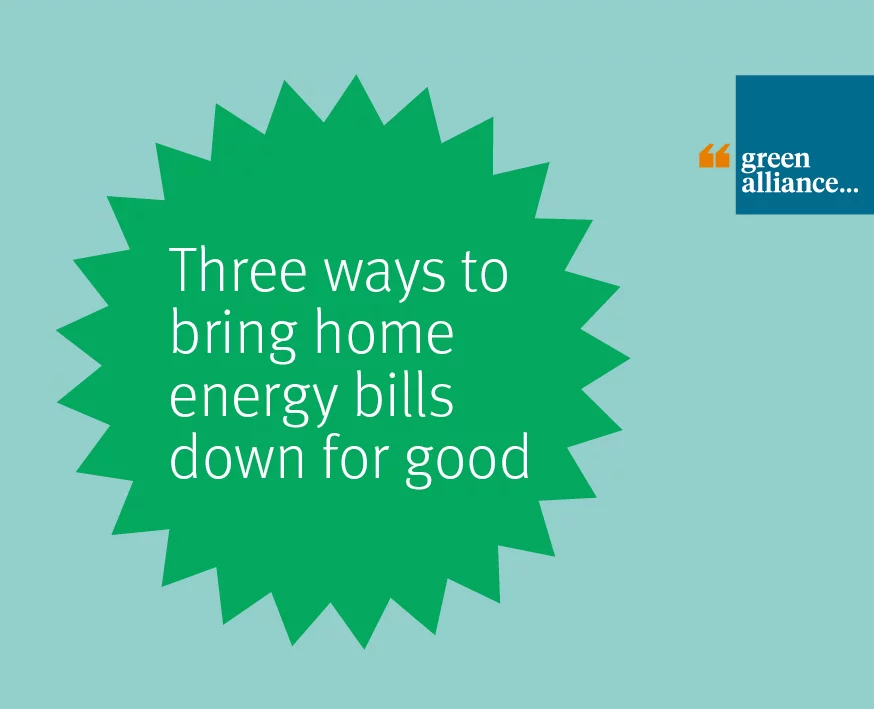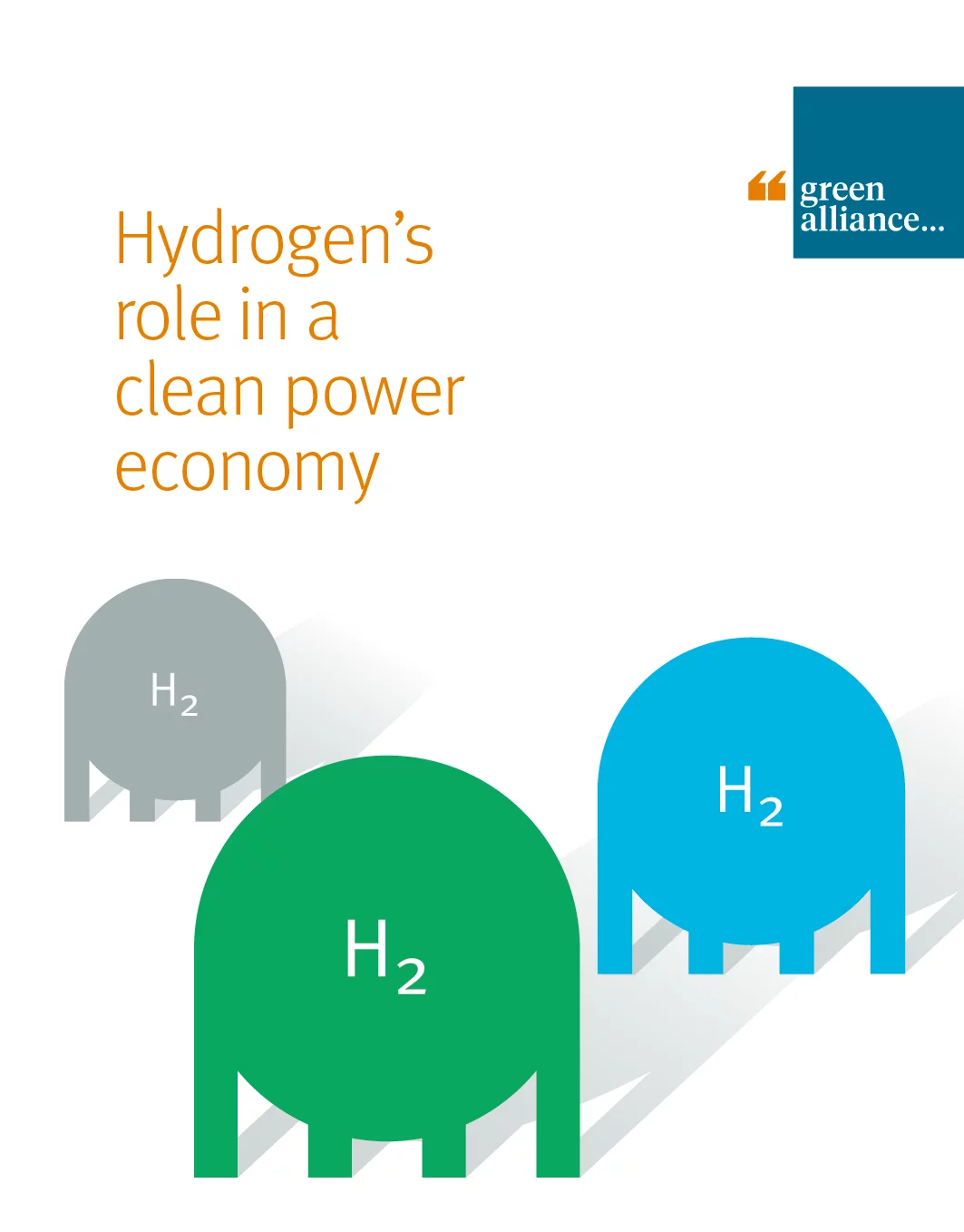Overview
Electricity generation has reduced its greenhouse gas emissions more than any other sector. In 2024, electricity sector emissions were 82% lower than in 2008. But, there’s still work to be done to finish the job. It is vitally important to decarbonise the power sector as it will underpin the rest of the economy as it moves away from fossil fuels and towards electricity, for everything from heating our homes to making steel.
In this work, we outline proposals on how to get clean and why getting there fast is a matter of national security.
Getting to a zero carbon power system
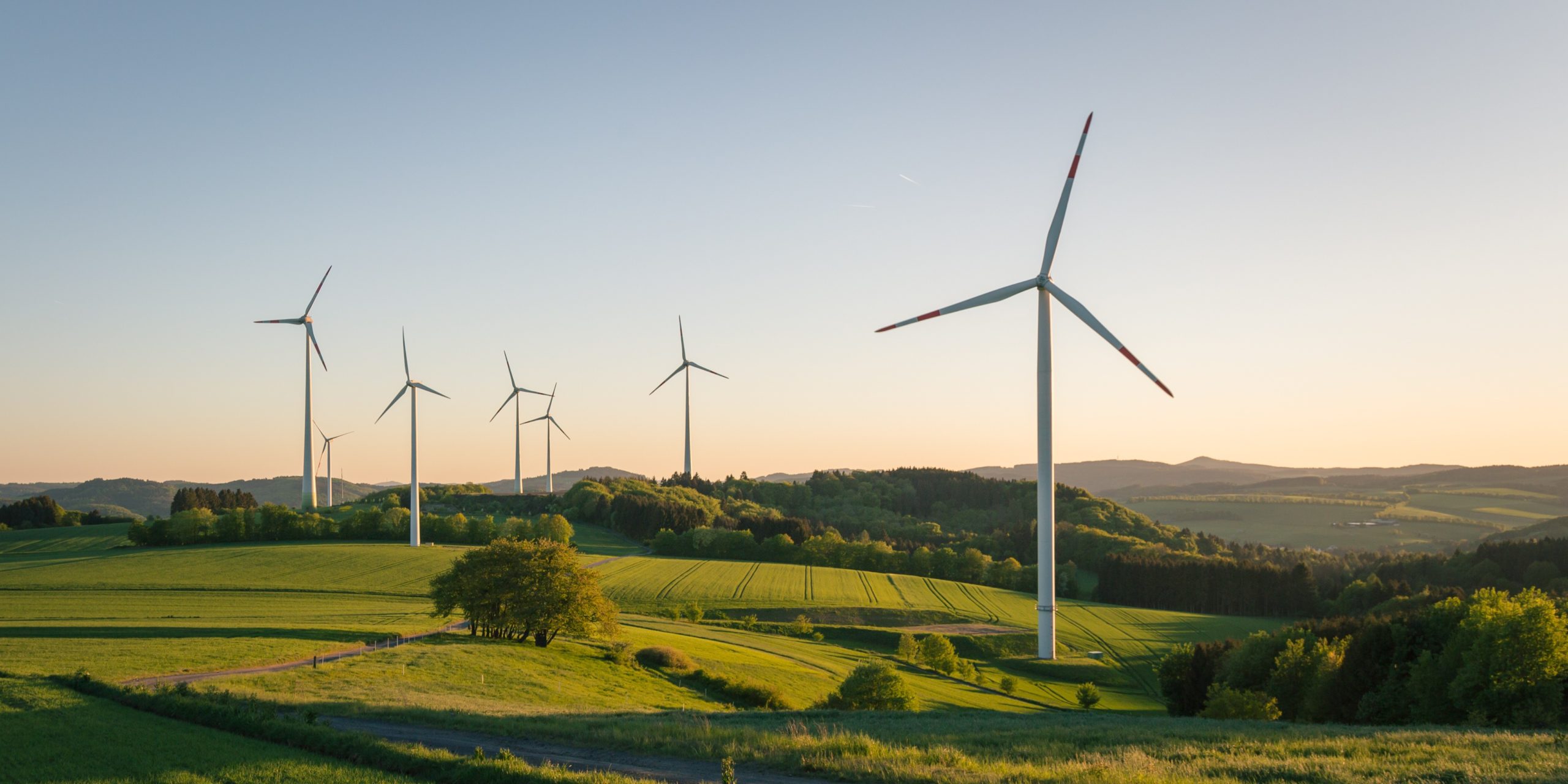
The government have set an ambitious but achievable mission of achieving clean power by 2030. This stream of work interrogates what government, business and civil society can do to get us to a clean power system.
In this briefing, published in November 2025, we outline a comprehensive package of immediate and long-term measures that offer a route to immediate savings while limiting the long-term impact on public finances.
In this briefing, published in June 2025, we offer a playbook of options that business can use to decarbonise, from measures that increase energy efficiency to acquiring genuinely green electricity from an energy supplier. Following each option we further detail a list of measures that the government should take to make it easier for businesses to adopt such options.
Following Labour’s landslide election win in 2024, we hosted an event to interrogate what their Clean Power Mission would look like in practice. The line-up featured Chris Stark, head of Mission Control to deliver clean power by 2030, and Mary Creagh MP, minister for nature.
The government has committed to a decarbonised power system by 2035, subject to security of supply. What will that system look like and how will it provide secure electricity supply? In 2023, this briefing and event argued that support for a major expansion of renewables and faster grid connections is essential and offered recommendations to fix the existing policy framework for dispatchable power and energy storage.
Ahead of COP26, this 2021 briefing set out why the UK government should commit to a fully decarbonised power sector by 2035, a vital step on the path to net zero by 2050.
Energy independence and security
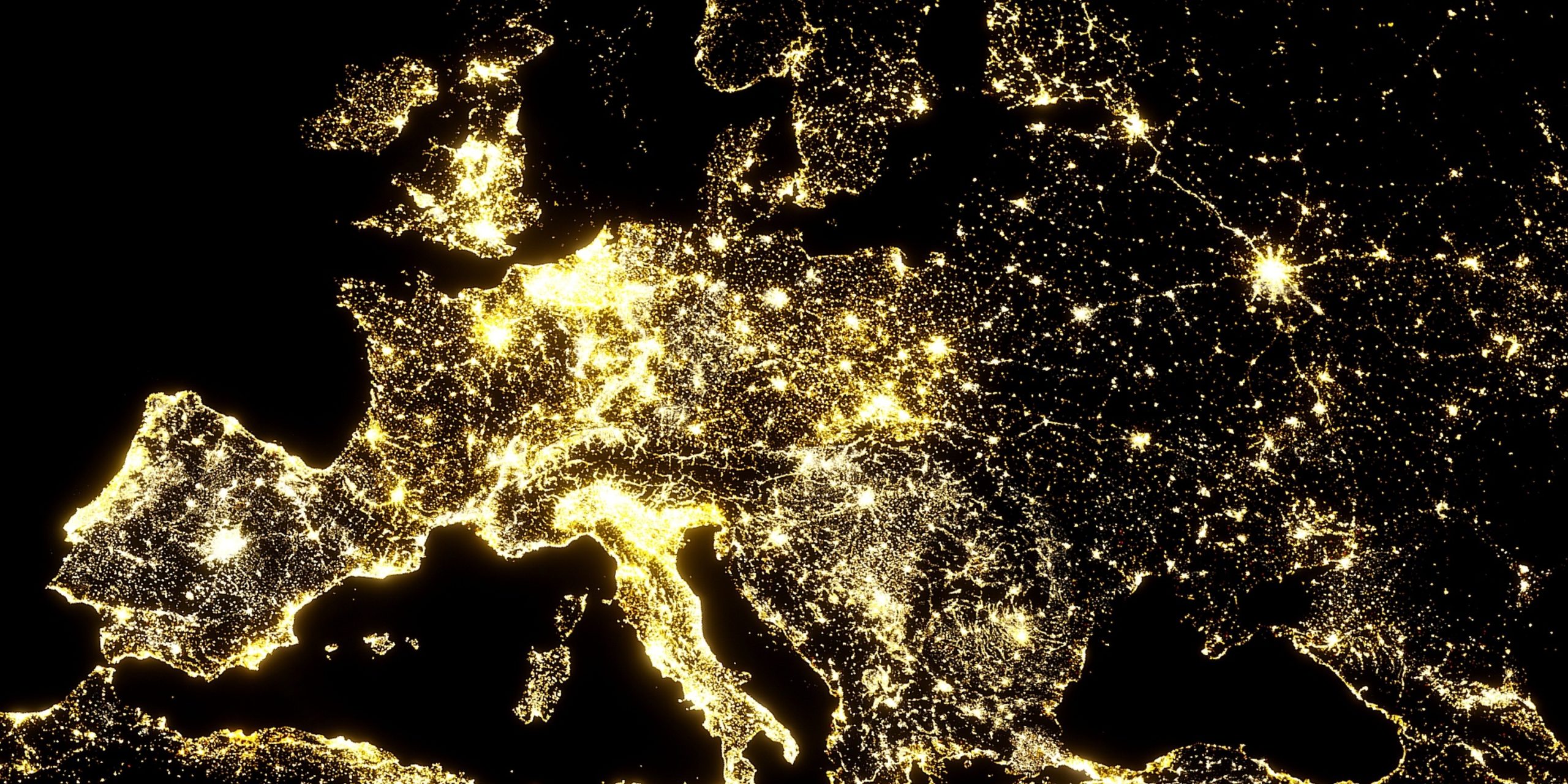
As recent years have shown, international gas markets are volatile and the UK’s reliance on them leaves the British people vulnerable to the whims of geopolitics. Clean, homegrown power offers a consistent, low cost alternative that works better for people, and enhances our national security. The below work shows how national and energy security are one in the same, and provides recommendations on how to best reflect this in policy.
The government has a difficult fiscal situation to balance and is looking for ways to stimulate economic growth and bolster national security, without breaking its fiscal rules. In this March 2025 briefing, we highlight that investment in the green economy achieves both by tackling the cause of climate change, reducing dependence on volatile international markets and tackling the cost of living.
Near the end of their term, the conservative government was considering radical, structural change to electricity markets by introducing new ‘locational marginal pricing’ (LMP) to reflect the difference in the cost of supplying electricity to different areas.
In this 2023 briefing, we recommend instead exercising more caution and implementing alternatives which would improve the electricity system’s efficiency now, without risk to investment.
In the early 202s, fossil fuel price spikes caused partly by the war in Ukraine caused inflation. Cheaper renewable power offers an alternative that not only means less pollution, it also has the potential to lower inflation.
But, despite the UK’s progress towards clean energy, fossil fuel price rises have a hidden risk for cheap renewables. As we highlight in this 2023 briefing and accompanying podcast, the Bank of England’s raising of interest rates to cut inflation has the perverse effect of making renewables more expensive to build.
We propose how policy makers can avoid this unintended consequence and aim to keep energy prices and inflation low.
Listen to the podcast
Achieving a decarbonised power system, largely powered by renewables is the cheapest way to power the UK and is central to enhancing energy security. But what should this system look like and how large a role will renewables play?
This 2022 briefing was prepared for the introduction of the Energy Bill, also called the Energy Security Bill, in the House of Lords on 6 July 2022. It covers policy priorities for the bill and an overview of other key non legislative measures needed.
Soaring global gas prices in 2021 left UK households and businesses facing higher bills, with high prices continuing into the 2020s. The knock-on effect was felt in the retail energy sector, with many firms small and large affected, with more than 3.7 million people impacted by failed energy suppliers in 2021 alone. In this 2022 briefing, we outlined what caused the energy price spike, and what was needed in the short term and long term to protect people from the impacts happening again.
Clean flexible power
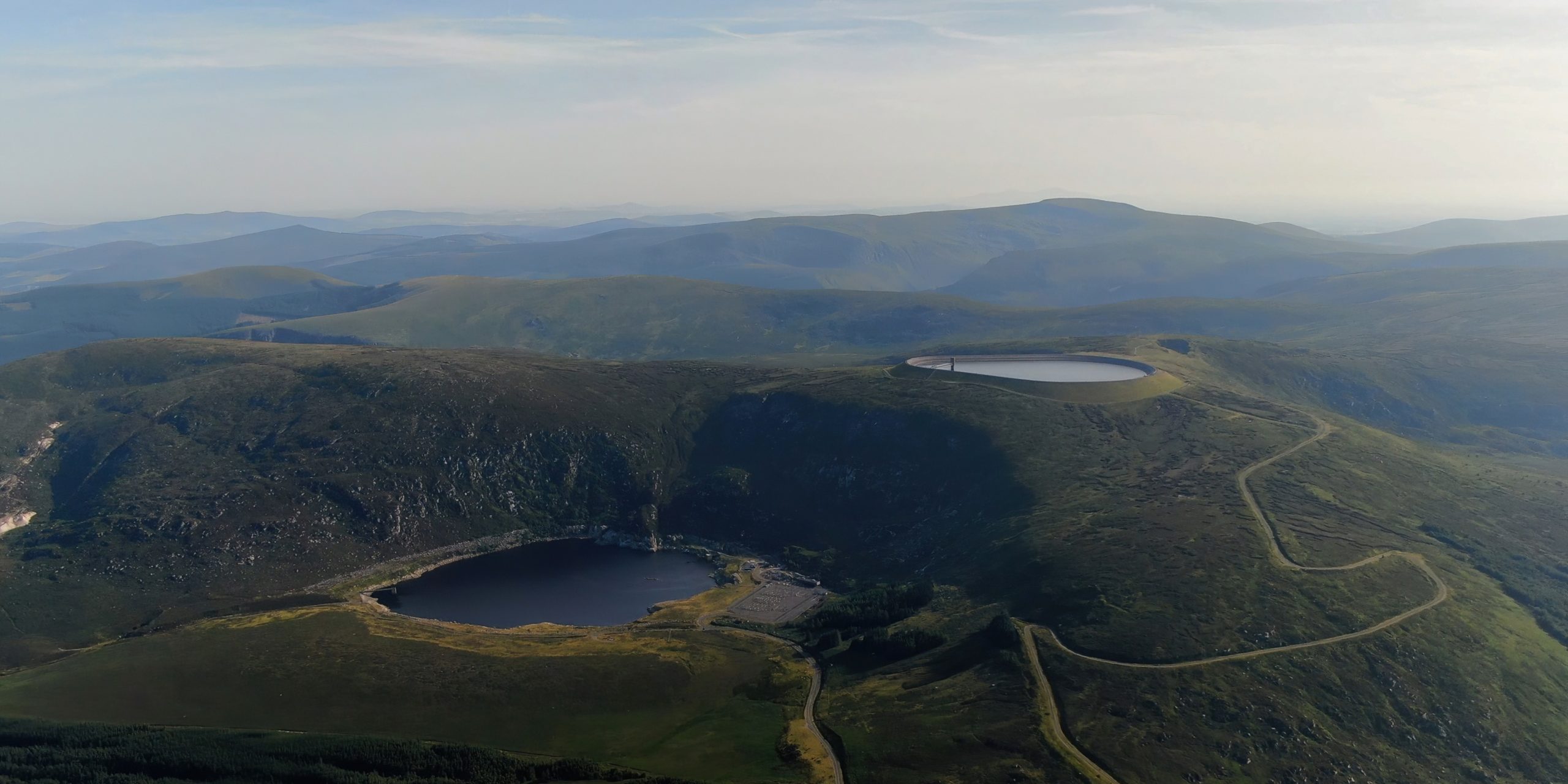
The UK power sector is increasingly dominated by renewables that produce cheap electricity but are variable in their output. Batteries and other short term power storage can balance this variability for short periods of time up to eight hours, but for periods longer than this, we still rely on fossil fuels. To fully decarbonise the grid and end our reliance on volatile international gas markets, we need longer term clean flexible power options. In this work, we outline proposals on how to get to a clean power system and why getting there fast is a matter of national security.
Accelerating the deployment of clean flexible power technologies, including long term energy storage, hydrogen power and demand side flexibility will reduce the amount of back up unabated gas power in a strategic reserve, needed to balance a renewables based grid.
In this July 2024 briefing, we outline why a vaccine taskforce approach to investing in new clean flexible power technologies can reduce the need for a strategic reserve of gas power.
Current market arrangements favour new, polluting gas power stations, which are more expensive than cleaner alternatives. By 2030, new unabated gas power could cost twice as much as demand response and other clean flexible technologies.
In this January 2024 briefing, we argue that a new task force to deploy clean flexible power is likely to be the cheapest way to meet the UK’s energy goals.
